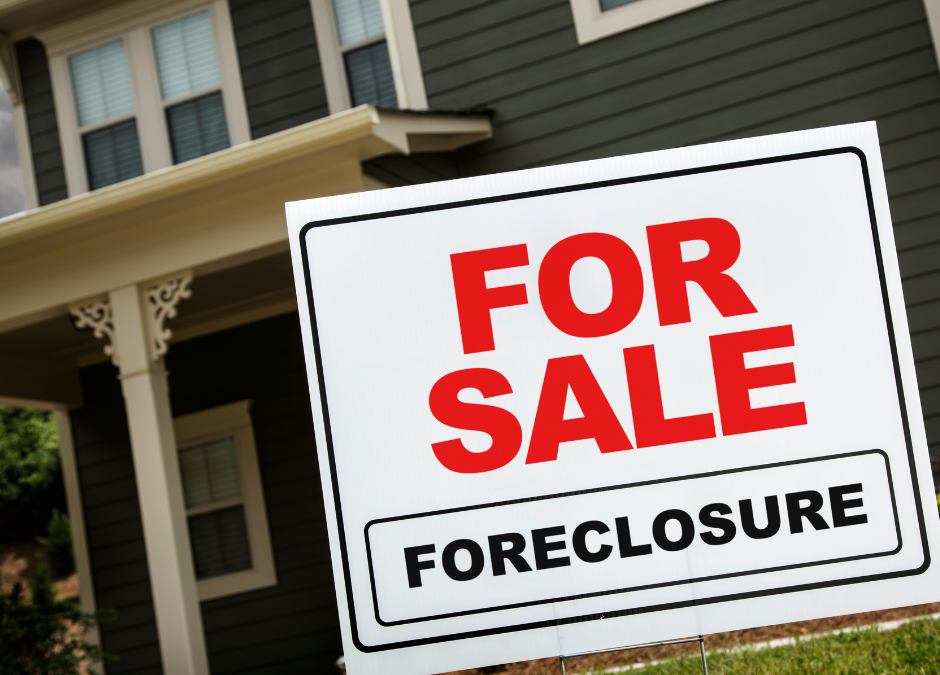Filing for bankruptcy can be an extremely stressful process, particularly for homeowners. If you own a home and are considering filing for bankruptcy, one of the most important things you’ll need to understand is how your property will be affected. In this blog post, we’ll explore what you need to know about real estate values when filing for bankruptcy.
1. Real Estate Values and Bankruptcy:
When it comes to bankruptcy and real estate, there are a few key terms you’ll need to be familiar with. The first is equity – this refers to the amount of value your property has above any outstanding mortgages or liens. The second is exemption – this refers to the amount of equity you’re allowed to protect under state or federal law. In general, bankruptcy courts will only sell your property if it has significant equity that isn’t protected by an exemption.
2. What Happens If My Home Rapidly Increases in Value?
if your home rapidly appreciates in value, it may impact the type of bankruptcy chapter you’re eligible for. In Chapter 7 bankruptcy, your non-exempt assets are sold to pay off your creditors. However, if the value of your home has gone up significantly and it now has equity (value minus outstanding mortgage balance), that equity may make your home a valuable asset that the trustee could sell to pay off your creditors.
On the other hand, in Chapter 13 bankruptcy, you work with the court to set up a repayment plan over a period of three to five years. If your home’s value has increased, the court may require you to pay more towards your unsecured debts, such as credit card debt or medical bills, as you have more disposable income available.
Therefore, if your home appreciates in value, it is important to speak with an experienced bankruptcy attorney to determine how it may affect your eligibility for Chapter 7 or Chapter 13 bankruptcy. They can help you understand your options and develop a strategy that works best for your specific financial situation.
3. Protecting Your Home:
If you’re filing for bankruptcy but want to keep your home, your best option is to file for Chapter 13 bankruptcy. This type of bankruptcy allows you to keep your property while you work out a repayment plan with your creditors. However, keep in mind that you’ll need to have a stable income and be able to make your monthly mortgage payments.
4. Selling Your Property:
If you’re unable to keep your home, you’ll likely need to sell it as part of the bankruptcy process. When selling your property, it’s important to get an accurate appraisal of its value. This will help you understand how much equity you have in the property and whether you’re likely to receive any proceeds from the sale.
5. Working with a Real Estate Agent:
If you need to sell your property as part of a bankruptcy, it’s a good idea to work with a real estate agent who has experience with these types of sales. A good agent can help you price your home appropriately, market it effectively, and navigate the complicated legal and financial aspects of the sale. Be sure to choose an agent who is empathetic and understanding, and who will work with you to achieve the best outcome possible.
Filing for bankruptcy can be an overwhelming experience, but understanding the implications for your real estate can help ease some of the stress. Whether you want to keep your home or need to sell it, there are options available to you. By working with an experienced bankruptcy attorney and a knowledgeable real estate agent, you can navigate this challenging process and move forward with confidence.


